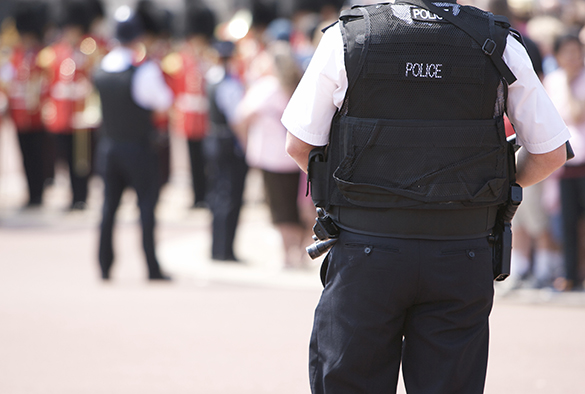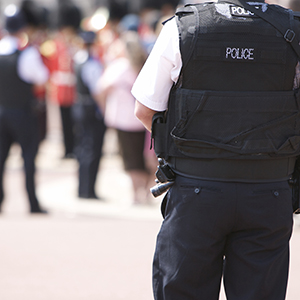
A paper co-authored by a researcher from the University of Liverpool’s Institute of Psychology, Health and Society has highlighted the need for police to be trained to help them respond appropriately to people on the autism spectrum.
As part of the study 394 police officers, 31 autistic adults and 49 parents were asked about their experiences. Seven out of ten autistic adults surveyed were dissatisfied with their experiences with the police, reporting discrimination, a lack of understanding and feeling that their needs were not met.
One in five police officers were dissatisfied with how they had worked with autistic individuals. Although officers acknowledged the need for adjustments, organisational and time constraints were cited as barriers.
Tailored training
The results emphasise the need for training that is tailored to specific policing roles, such as response officers, community officers and specialist interviewers.
Sue Mulcahy, and colleagues from the University of Bath, City University (London) and Royal Holloway (University College London), published the paper entitled ‘Experiences of Autism Spectrum Disorder and Policing in England and Wales: Surveying Police and the Autism Community’ in Journal of Autism and Developmental Disorders.
Sue, a doctoral action researcher whose work is focused on the impact of autism on the course of justice, said: “Involvement with the police can be a difficult experience for anyone, but especially so for someone with autism. There are more thanr 700,000 people with the condition in the UK, but detecting autism isn’t straightforward.
“Police officers need role-specific autism training in order to provide them with a proper awareness of possible signs of autism such as problems with social interaction; problems with language and communication; limited behavioural flexibility; complex sensory difficulties and atypical decision-making.”
Physical environment
The study also revealed that many members of the autism community respondents felt that an inappropriate physical environment, for example interview rooms and custody suites, coupled with a lack of appropriate support and explanation led to emotional stress, along with breakdowns in communication.
Sue added: “There is a real need for high quality training and support for police who are likely to encounter autistic people as part of their role. This will help to build police capability to provide an appropriate response to incidents and cases involving autism.”
The full study can be found here.
